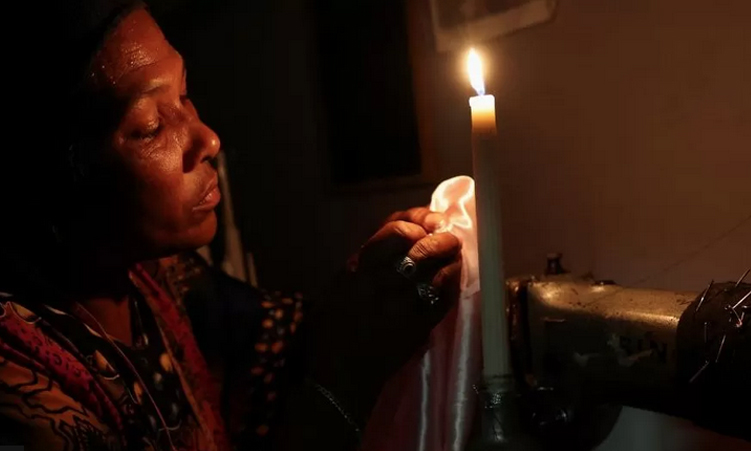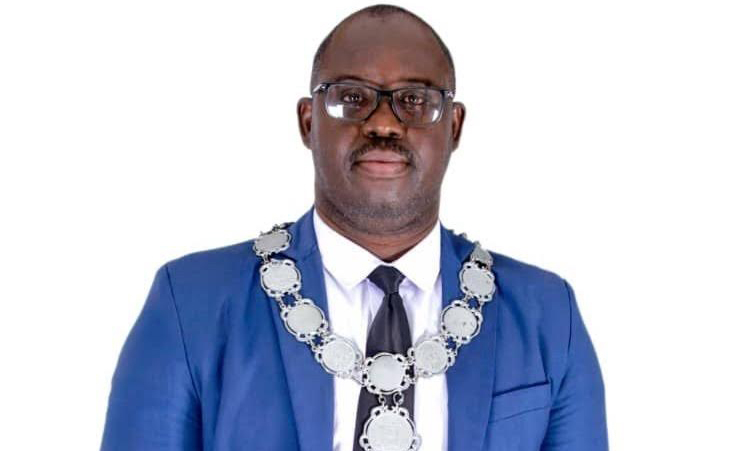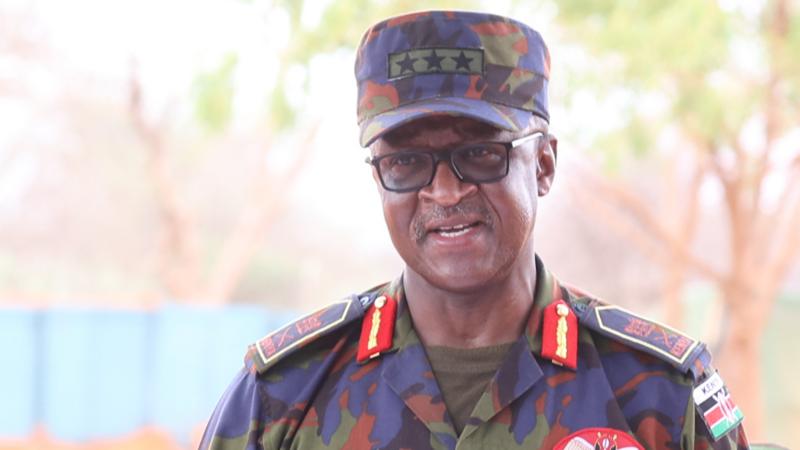HARDAP Regional Council chairperson Gershon Dausab says the establishment of a southern regional electricity distributor (Sored) is subject to critical issues, such as the debt of more than N$500 million owed to NamPower by towns, villages and settlements in the Hardap and //Kharas regions.
He says there are also questions about which entity would carry the cost of repairing or maintaining ageing infrastructure.
Dausab says the attorney general’s office recently approved the shareholder agreement for the establishment of a distributer for the south.
The chairperson of the //Kharas Regional Council, Joseph Isaak, says prepaid metres should be installed from the onset so that no debt is accrued with the southern electricity distributor.
“When you look at the figure, you can see this is generational debt. This type of debt will not be settled easily – even if we provide employment to every able person.
“Therefore, we are hoping the motion to write off debts will succeed, so we can start off on a clean slate,” he says.
This comes amid NamPower recently publishing a list of regional energy distributors and councils that would be affected by power cuts starting on 5 June if outstanding debts are not settled.
These include areas under the Northern Regional Electricity Distributor (Nored), the //Kharas Regional Council, the Rehoboth Town Council, Mariental municipality, the Karasburg Town Council, Gobabis municipality, Aranos Town Council and the Maltahöhe Village Council.
Others are the Gibeon, Bethanie, Tses, Koës, Leonardville, Berseba, Kalkrand, Stampriet, Gochas, Witvlei and Aroab village councils, as well as the City of Windhoek, Groot Aub and Brakwater.
NamPower earlier this month issued a statement notifying the public that these entities owe the company over N$1 billion.
The notice, published in a local newspaper, noted that a significant portion of the arrears is long overdue and has concerned NamPower for a considerable time.
The Namibian recently reported that the power utility’s operations are running at a loss of N$2,3 billion. This means the N$6,5 billion income the company earns from selling electricity is not sufficient to cover all its expenses.
AGREEMENT NEEDED
“A new business cannot be dumped into a position where it needs to fork out money to maintain ageing infrastructure or have to replace old infrastructure without having found its feet.
“Therefore, it is imperative that shareholders reach agreement on issues such as this before moving forward,” Dausab says.
The parliamentary standing committee on human resources and community development was expected to conduct public hearings on water and electricity debt write-offs for local authorities from 28 May to 2 June in the //Kharas, Hardap and Omaheke regions.
Nineteen municipalities, town and village councils, and a regional council in the southern part of the country, owe NamPower over N$500 million and NamWater over N$87 million.
Dausab says the possibility that new debt would be accrued with these entities is still very high with the establishment of a distributer in the southern regions.
“This is a critical matter. Even if the write-off is granted, there is no initiative in place that will ensure debts do not accrue again . . . “
He says local authorities currently receive income from the sale of electricity and need to reach an agreement with the Electricity Control Board (ECB) on how to ensure these villages and settlements do not lose income from surcharges.
UNIT COST VARIATION
Another factor is the current electricity unit cost variation among regional and local authorities, with some charging N$2,09 per unit, and others N$2,49.
“After the approval of the proposed shareholder agreement by the attorney general, we, the envisaged shareholders, met last week at Keetmanshoop to discuss the approval and the way forward.
“During that meeting we identified key issues, such as current debt owed, ageing infrastructure and current income from electricity sales, among other issues.
“Therefore, we are saying that the signing of binding agreements with the ECB and the Ministry of Mines and Energy, and then the registration of Sored as a company to start operating and provide electricity is subject to us finding solutions to these matters first.
“Otherwise Sored will sink before it even starts,” Dausab says.
BIG SALARIES
He says another concern is the high salary cost of executives who reportedly earn around N$2 million per year, which needs to be curtailed.
A director within the regional council earns between N$450 000 and N$550 000 per year, which is a more affordable range for regional electricity distributors, Dausab says.
“These costs of executive salaries are covered by the end user. I do not think it would be fair to give such salaries, and this is something that needs to be discussed by all regional electricity distributors …
“So, we will keep it market-related and competitive, but not exorbitant,” Dausab says.
NamPower spokesperson Tangeni Kambangula last week confirmed the utility’s outstanding debts.
“However, due to client confidentiality, we will never reveal to a third party how much an individual, a settlement, village or a town owes us,” Kambangula said.
Stay informed with The Namibian – your source for credible journalism. Get in-depth reporting and opinions for
only N$85 a month. Invest in journalism, invest in democracy –
Subscribe Now!






